Charging almost instantly and offering massive power density, Nawa’s innovative ultracapacitors are ready to make a mark across industries from automotive to power tools and aviation. And after raising more than US$10 million, this French company is going into mass production.
Category: energy – Page 351

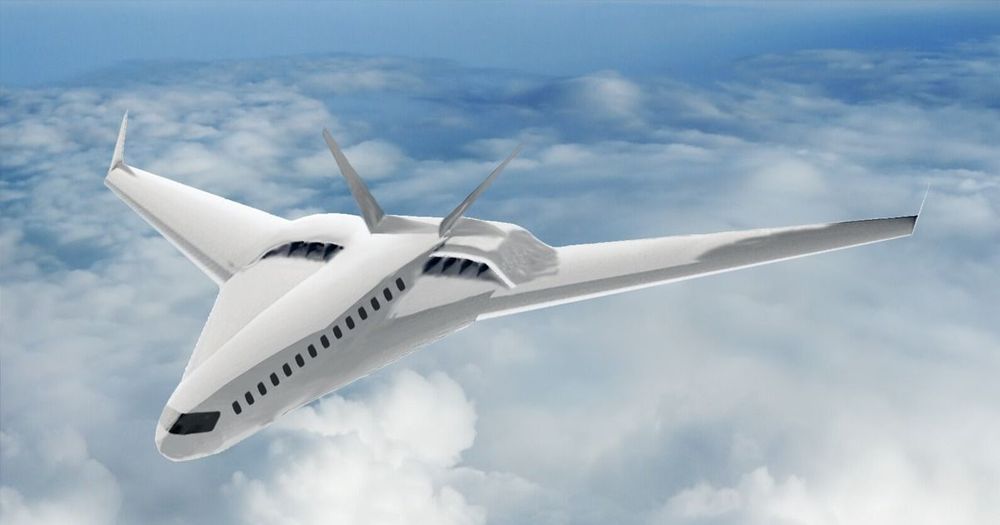
NASA Is Working on Electric Planes Powered by Cryogenic Hydrogen
To clean up the aviation industry, NASA-funded scientists are working to develop an all-electric aircraft powered by cryogenically-liquified hydrogen fuel.
The University of Illinois scientists behind the project nailed down $6 million over three years from NASA to develop the tech, according to a university-published press release — tech that could, if the project pans out, revolutionize the aviation industry.

The Entropic Enigma of Ouroboros’ Metamorphosis
Antonin Tuynman: Where we see complexity, we see high informational content, organised in a complex way which often involves hierarchical levels. The diversity in highly complex systems might at first glance seem a chaotic mixed bag and hodgepodge; it is not. The diversified apparent mishmash is not a sign of apparent chaos, where you’d expect high thermodynamic entropy. It is not the stifling rigidity of a perfect order either. Complexity is an intricate architecture of stacked and intertwined hierarchical levels, with multifarious information exchanges between them. In fact Complexity selects the best of Order and Chaos. This seemingly ordered chaos or chaotic order, brings us the gift of the ability to ever introduce new variations. An ability to regenerate, copy, multiply and spread itself. An ability to induce ever changing patterns to adapt itself to the circumstances. An ability of recursive self-modification. Also knowhttps://www.ecstadelic.net/top-stories/the-entropic-enigma-o…amorphosis #OuroborosCode
The mighty worm Ouroboros had lost trace of its path and didn’t know its whereabouts. Nor did it know where it was going. In fact it didn’t know anything anymore, as it had drunk from the Lethe, Hades’ river flowing though Hypnos’ caves. Drinking from Lethe, forgetfulness and daughter of Eris, Goddess of Strife and Discord, made one lose all memory of past existence.
Disoriented Ouroboros started turning, and by continuing to turn, it finally found a trail of what seemed to be a path. A tasty object lay there, waiting to be eaten, and as Ouroboros bit it, a painful jolt of energy shot through its body awakening all the memories it had forgotten. Abruptly Ouroboros awoke from its dreamtime of daze and stupor and recognized itself as the ever effulgent Consciousness, Creator of Macrocosm and Microcosm.
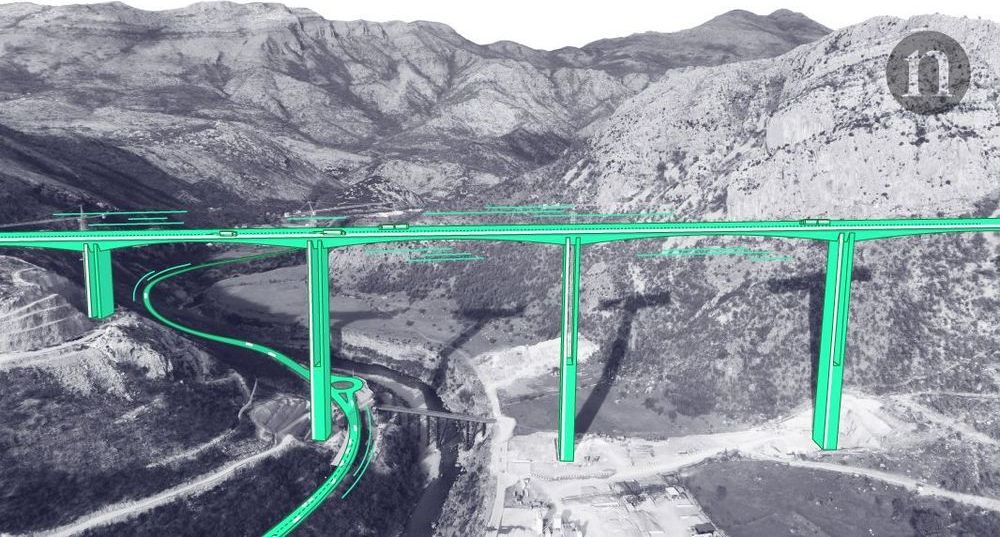
China charts a path into European science
The promise of investments in infrastructure and research appeals to many of the economically challenged nations in central and eastern Europe. These countries have battled brain drain, persistent corruption and lack of support for research and development. In this region, Chinese companies are — among other projects — building a bridge to connect two parts of Croatia, although this project stalled in 2012, in part because of funding problems. They are also financing the construction of an energy-efficient ‘smart city’ near the Bulgarian capital of Sofia, which would be the first such development in Europe, according to promoters.
As the Belt and Road Initiative spreads to central and eastern Europe, China’s investments in research and technology are raising concerns in the West.
By Antoaneta Roussi
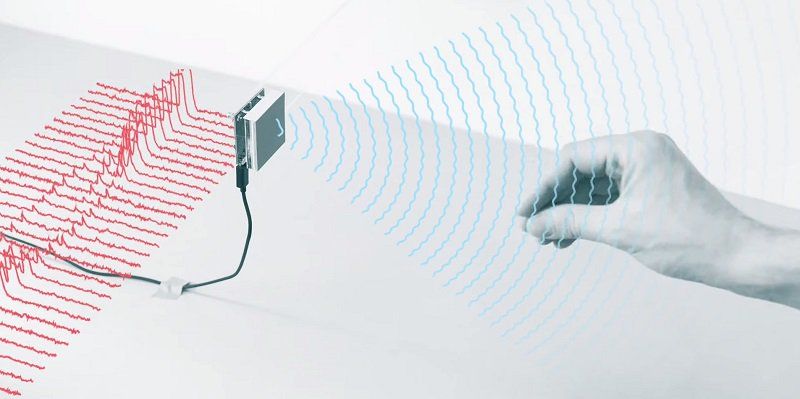
Google’s gesture-controlled sensor has been cleared by the FCC
Google has won approval from US regulators to create sensors that can be triggered with hand gestures, dubbed “Project Soli,” Reuters reports.
The news: Google started work on Soli in 2015 but hit a roadblock because the sensors were required to operate at lower power levels than the company planned. These restrictions are in place to stop new products from interfering with other (more important) technologies—in this case radio astronomy and a satellite service. Now the US Federal Communications Commission has granted Google a waiver to let it operate Soli sensors at higher power levels, between 57 and 64 gigahertz. The FCC said this will “serve the public interest.”
How it works: The sensors use radar to capture motion in three-dimensional space. It means users can press invisible buttons or use a virtual dial, for example. The radar signal can penetrate fabrics, meaning it could work through a pocket or backpack.
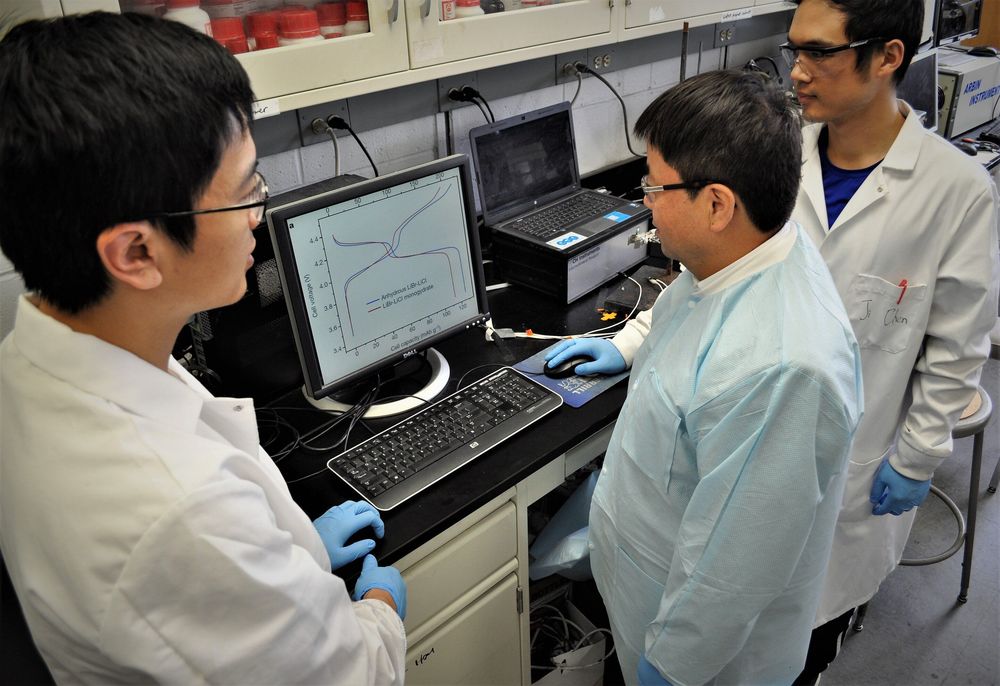
Reversible chemistry clears path for safer batteries
Researchers at the University of Maryland (UMD) and US Army Research Lab (ARL) have taken a critical step on the path to high energy batteries by improving their water-in-salt battery with a new type of chemical transformation of the cathode that creates a reversible solid salt layer, a phenomenon yet unknown in the field of water-based batteries.
Building on their previous discoveries of the water-in-salt electrolytes reported in Science in 2015, the researchers added a new cathode. This new cathode material, lacking transition metal, operates at an average potential of 4.2 volts with excellent cycling stability, and delivers an unprecedented energy density comparable, or perhaps higher than, non-aqueous Li-ion batteries. The authors report their work on May 9 in the journal Nature.
“The University of Maryland and ARL research has produced the most creative new battery chemistry I have seen in at least 10 years,” said Prof. Jeffrey Dahn of Dalhousie University in Canada, an expert in the field not affiliated with the research. “However, it remains to be seen if a practical device with long lifetime can be created.”

Designer Julia Daviy Introduces Her Digitally Customizable 3D Printed Skirt
 3D printing is moving ever closer to gaining a true home in mainstream commercial applications, thanks to the impact the technology is having on consumer fashion products such as jewelry, footwear, and clothing. While 3D printed fashion was still considered to be more of a novelty a few years ago, efforts have been increasing to make it more common – even in the classroom. Additionally, the technology is helping to usher in a more sustainable and eco-friendly way of manufacturing garments…and designer Julia Daviy is helping to lead the charge.
3D printing is moving ever closer to gaining a true home in mainstream commercial applications, thanks to the impact the technology is having on consumer fashion products such as jewelry, footwear, and clothing. While 3D printed fashion was still considered to be more of a novelty a few years ago, efforts have been increasing to make it more common – even in the classroom. Additionally, the technology is helping to usher in a more sustainable and eco-friendly way of manufacturing garments…and designer Julia Daviy is helping to lead the charge.
In addition to designing clothes, Daviy is also an ecologist and clean technology industry manager, and uses 3D printing to make cruelty-free, zero-waste clothing. She believes that the technology will change how the world produces clothing, especially when it comes to some of the more problematic issues of garment manufacturing, such as animal exploitation, chemical pollution, energy consumption, and material waste.
“Our goal was never to demonstrate the viability of 3D printed clothing and leave things at that. We’ll have succeeded when beautiful, comfortable, ethically manufactured and environmentally friendly clothes are the standard,” Daviy stated. “The innovations we’ve made on the production and marketing side of the equation are just as important as the technological breakthroughs that have gotten us this far.”
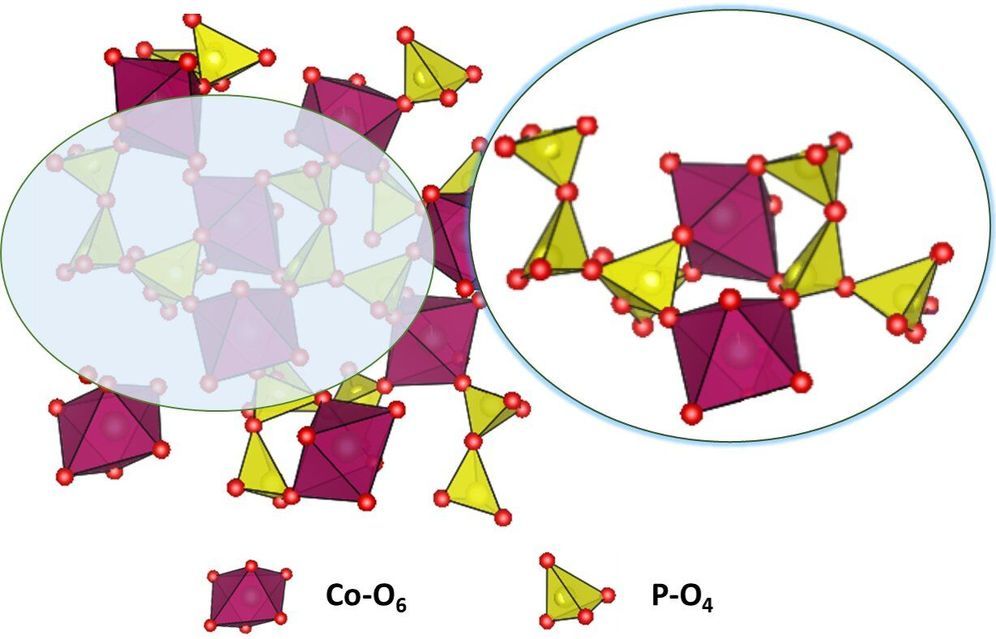
A superior, low-cost catalyst for water-splitting
In a significant step toward large-scale hydrogen production, researchers at the Indian Institute of Science (IISc) have developed a low-cost catalyst that can speed up the splitting of water to produce hydrogen gas.
Splitting water using electricity is a widely-explored method to generate hydrogen gas, a long sought-after clean power source for fuel cells, batteries and zero-emission vehicles. One of two major reactions involved in this process—called the Oxygen Evolution Reaction—is notoriously slow, restricting the overall efficiency. Researchers have focused on developing better catalysts — materials that can speed up the reaction while remaining neutral. The most efficient catalysts today are made from precious metals such as ruthenium and platinum, which are both expensive and rare.
An IISc team has now developed a low-cost catalyst by combining cobalt oxide with phosphate salts of sodium. The material cost is over two hundred times less expensive than the current state-of-the-art ruthenium dioxide catalyst, and the reaction rate is also faster, says Ritambhara Gond, PhD student at the Materials Research Centre (MRC), IISc, who is the first author of the paper published in Angewandte Chemie.
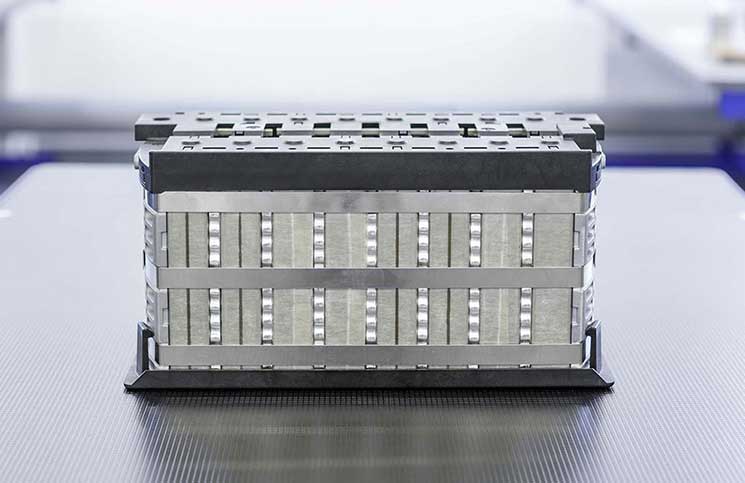
Innolith brings 1,000 km electric vehicle within range
Innolith AG, a world leader in rechargeable inorganic battery technology, has announces that it is developing world’s first 1,000 Wh/kg rechargeable battery. Under development in the company’s German laboratory, the new Innolith Energy Battery would be capable of powering an electric vehicle for over 1,000 km on a single charge. The new Innolith battery would also radically reduce costs due to the avoidance of exotic and expensive materials combined with the very high energy density of the system.
In addition to its range and cost advantages, the Innolith battery will be the first non-flammable lithium-based battery for use in electric vehicles. This battery uses a non-flammable inorganic electrolyte, unlike conventional EV batteries that use a flammable organic electrolyte. The switch to non-flammable batteries removes the primary cause of battery fires that have beset the manufacturers of EVs.